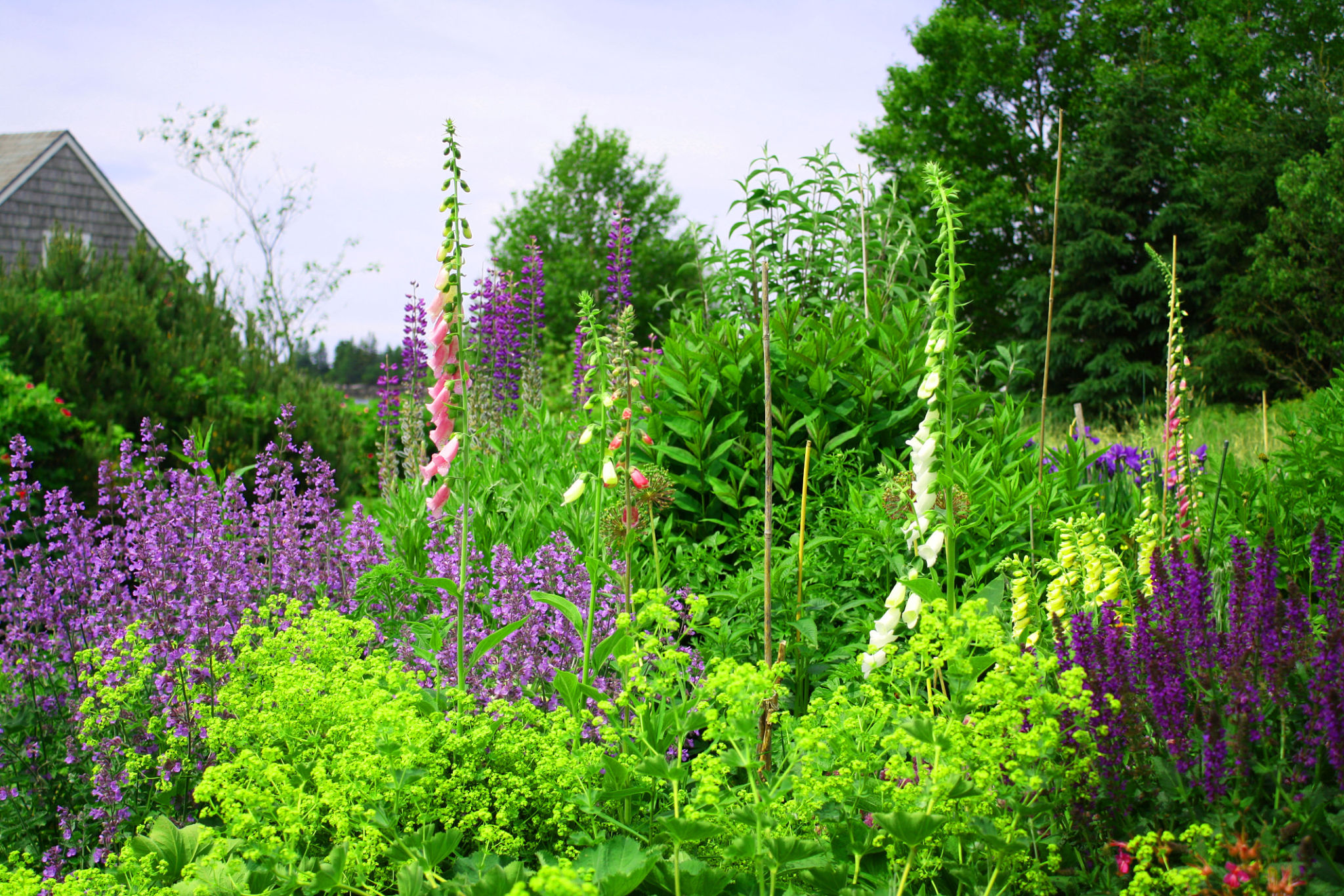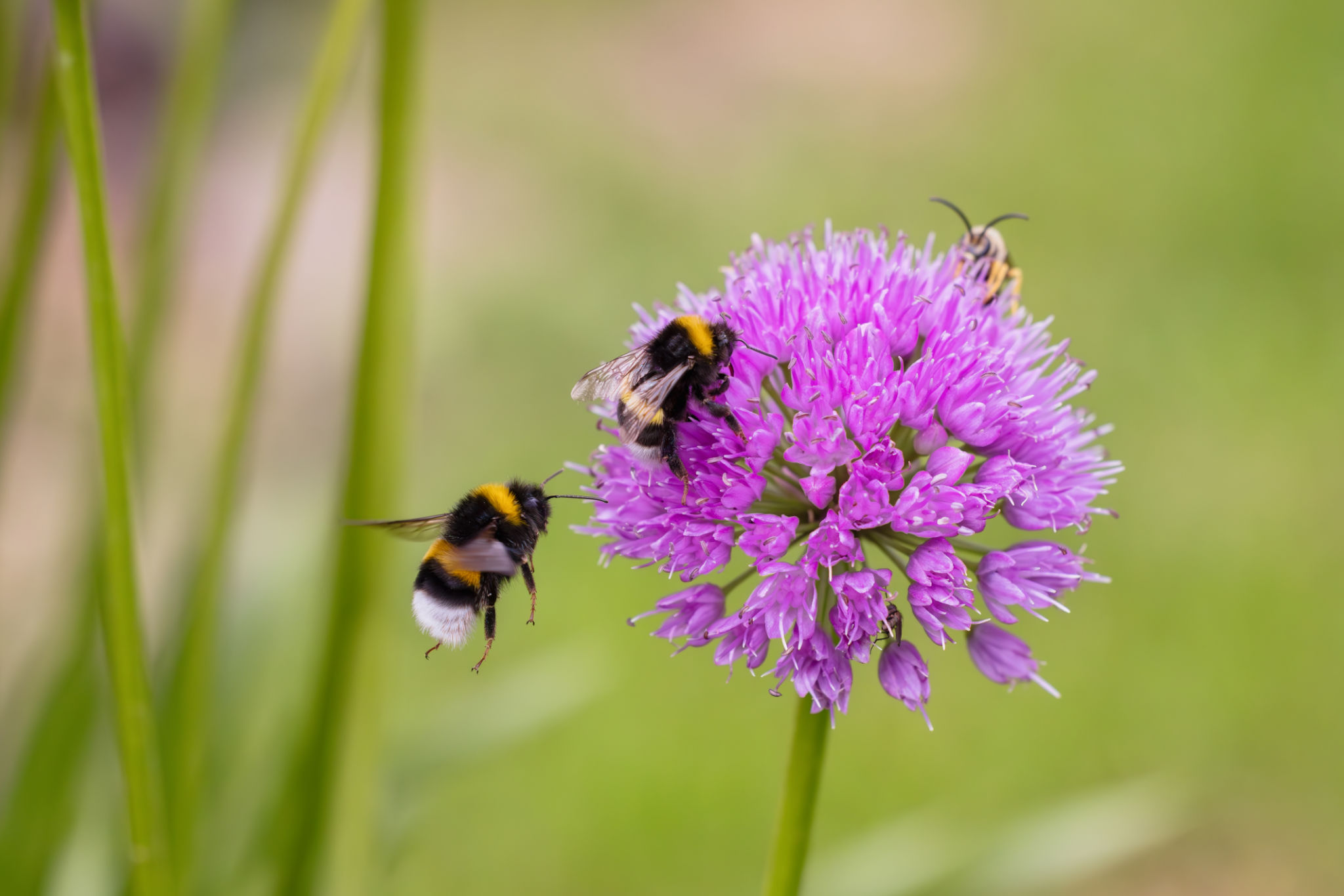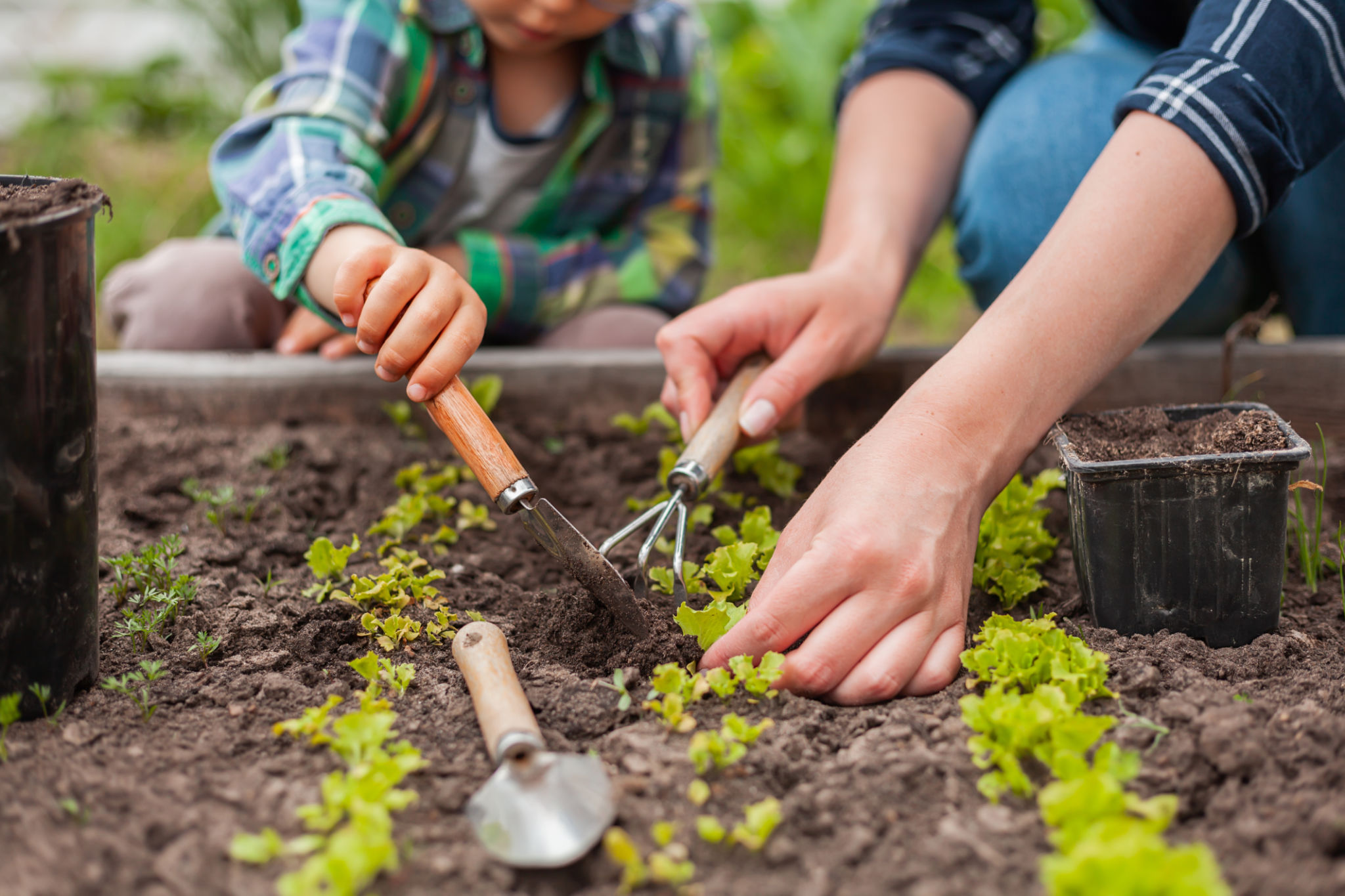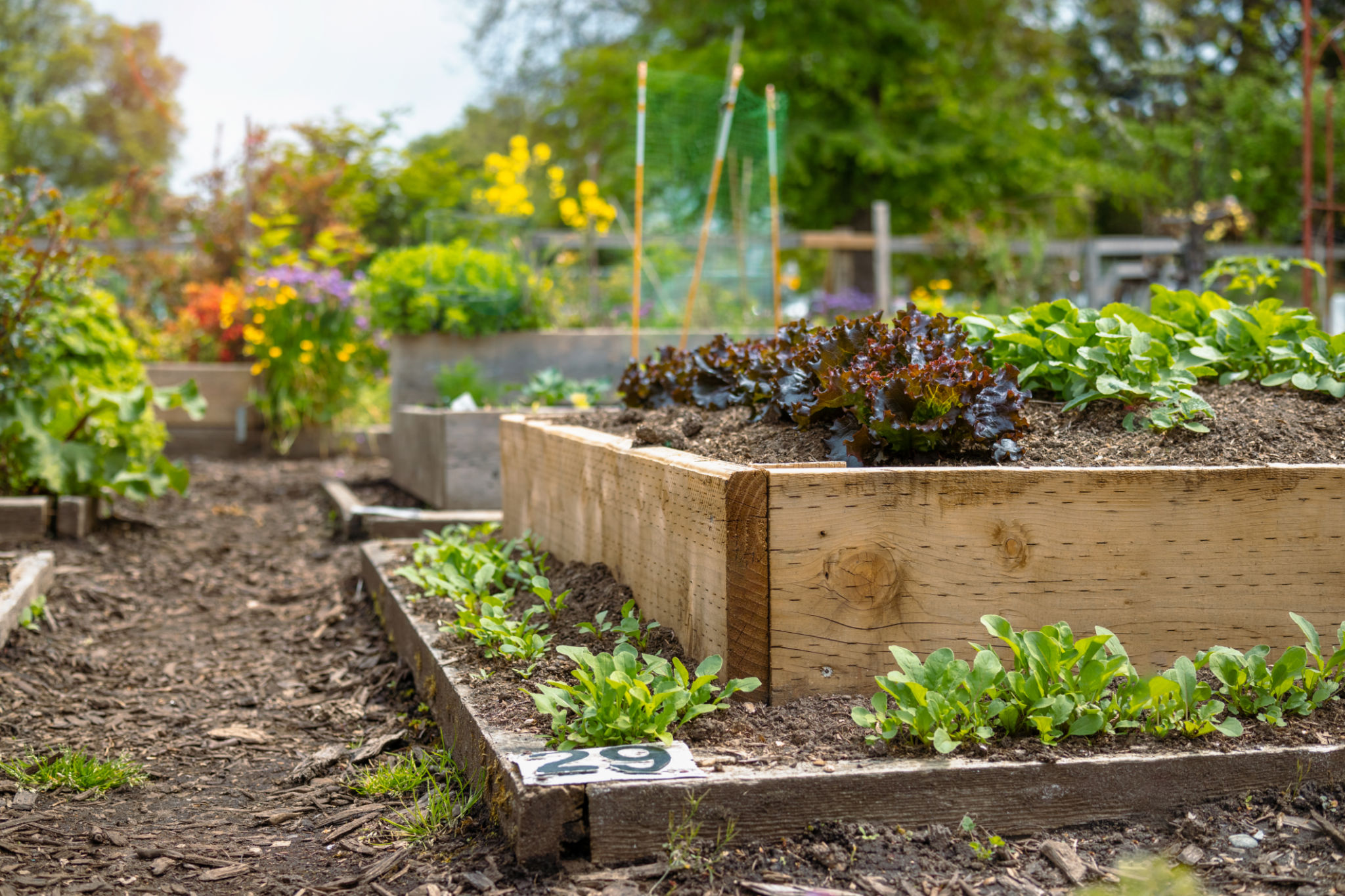Success Stories: Transforming Wilmington Yards with Native Plants
The Beauty and Benefits of Native Plants
Transforming your yard into a lush garden filled with native plants is not only a feast for the eyes but also an investment in sustainability. In Wilmington, more homeowners are opting for native landscaping, a trend that marries aesthetics with environmental responsibility. Native plants are those that have evolved naturally in a particular region, making them well-suited to local soil, climate, and wildlife.
Choosing native plants provides numerous benefits. These plants require less water, fertilizer, and pesticides compared to non-native species. This translates to lower maintenance and conservation of resources, making them an eco-friendly choice. Moreover, native plants support local wildlife, offering food and habitat to pollinators like bees and butterflies.

Success Stories from Wilmington Homeowners
Several Wilmington homeowners have successfully transformed their traditional lawns into vibrant native plant gardens. One such example is the Thompson family, who decided to embark on this journey two years ago. They replaced their manicured lawn with a diverse array of native species such as Eastern Red Columbine and Black-eyed Susan.
The Thompsons noticed a remarkable change almost immediately. “Our yard is now buzzing with life,” Mrs. Thompson shares. “We see more birds and butterflies than ever before.” The family also reports reduced water bills and less time spent on yard maintenance.

Steps to Start Your Native Plant Garden
Starting your own native plant garden in Wilmington is easier than you might think. Here’s a simple guide to get you started:
- Research Local Species: Identify which plants are native to Wilmington. Local nurseries or online databases can be a great resource.
- Plan Your Garden Layout: Consider the sun and shade in your yard to ensure plants are positioned correctly.
- Prepare the Soil: Amend the soil as needed to ensure it is conducive for planting.
- Plant and Mulch: Once planted, add mulch to retain moisture and suppress weeds.
- Water Wisely: Water your newly planted garden adequately until the plants are established.

The Role of Native Plants in Biodiversity
Native plants play a crucial role in maintaining biodiversity. By providing food and shelter, they support a variety of insects, birds, and other wildlife. This creates a balanced ecosystem where natural pest control is possible without the use of harmful chemicals.
For instance, native grasses provide nesting materials for birds, while flowering plants attract pollinators. These interactions help maintain the delicate balance within the ecosystem, ensuring that each species thrives.
Community Efforts and Resources
The transformation of Wilmington yards with native plants is not only an individual effort but also a community one. Local organizations offer workshops and resources for homeowners interested in making the switch. The Wilmington Gardening Club, for example, hosts regular events to educate the public on the benefits of native landscaping.
Additionally, many local nurseries now stock a wide variety of native plants, making it easier than ever to find what you need for your garden. These resources empower residents to make informed decisions about their landscaping choices.

Conclusion: A Greener Future for Wilmington
The movement towards native plant gardens in Wilmington is gaining momentum as more residents recognize the myriad benefits these plants offer. By choosing native species, homeowners contribute to environmental conservation while enjoying a beautiful, low-maintenance yard.
This trend not only enhances the aesthetic appeal of neighborhoods but also supports local wildlife and promotes sustainability. As more success stories emerge, it's clear that transforming yards with native plants is a win-win for both homeowners and the environment.